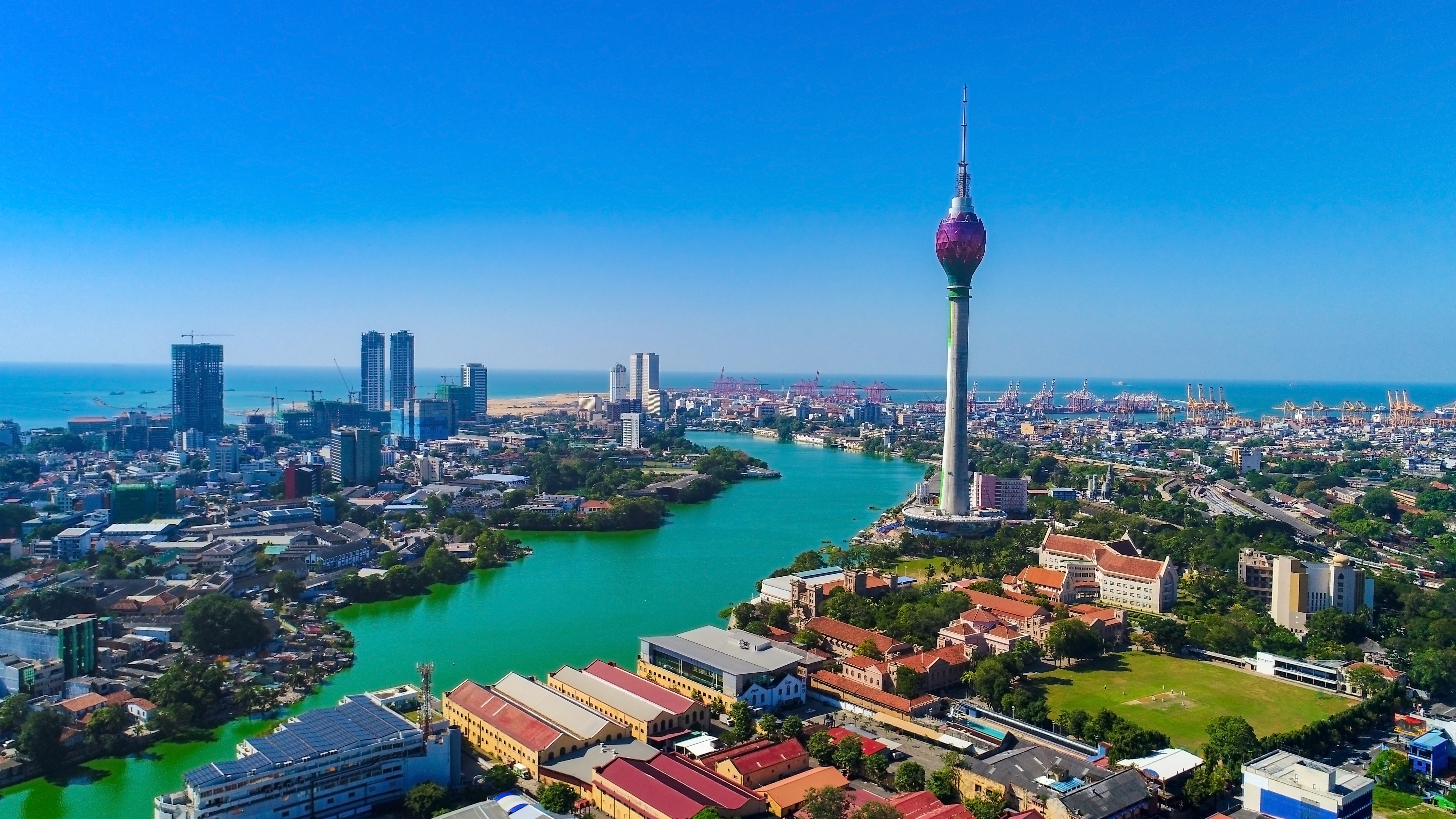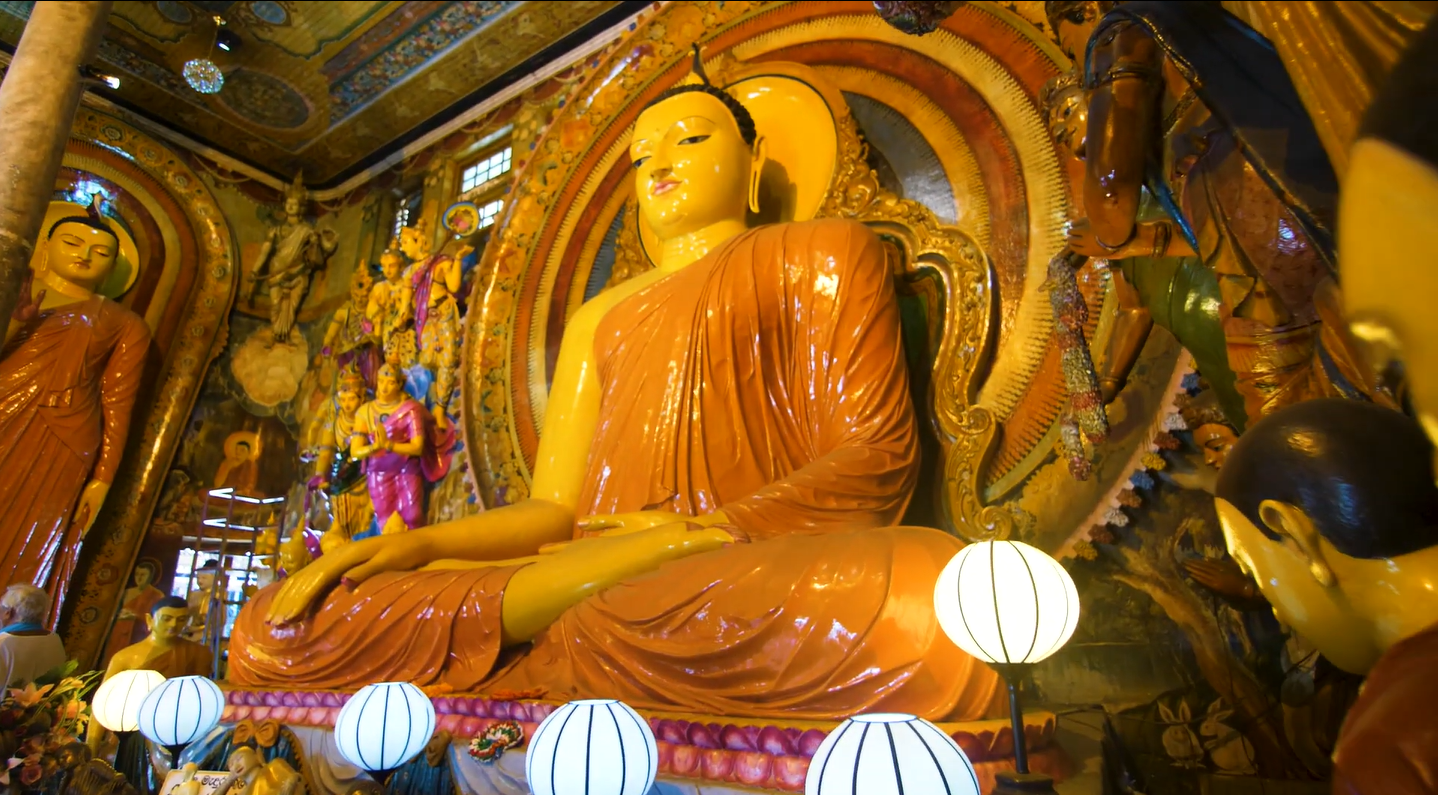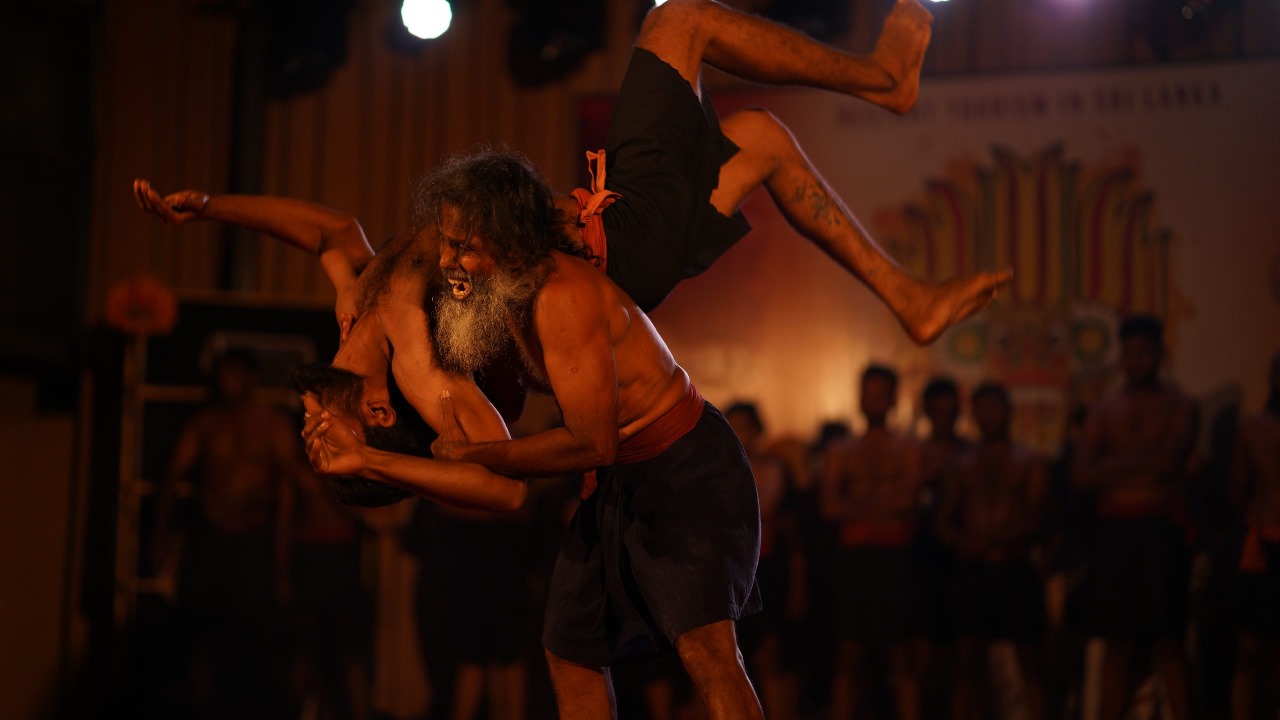Colombo
Colombo
Travel Place Details 'Colombo'
History:
Colombo's history dates back over 2,000 years, with evidence of settlements in the area dating back as early as the 5th century BC. The city was known as "Kolon Thota" in ancient times, which translates to "Port on the Kelani River." Over the centuries, Colombo has been influenced by various colonial powers, including the Portuguese, Dutch, and British.
Culture:
Colombo is a melting pot of cultures, reflecting the diverse ethnicities and religions that coexist in Sri Lanka. The city is home to a variety of temples, churches, and mosques, showcasing the religious harmony that exists among the population. Colombo's cultural heritage is evident in its music, dance, art, and cuisine, which blend traditional Sri Lankan influences with international flavors.
Economy:
Colombo is the economic powerhouse of Sri Lanka, contributing significantly to the country's GDP. The city is home to major industries such as finance, tourism, and manufacturing. Colombo's strategic location as a port city has made it a vital hub for international trade and commerce.
Attractions:
Colombo offers a plethora of attractions for visitors to explore. The city's colonial heritage is reflected in its architectural landmarks, including the Old Parliament Building, the Dutch Hospital, and the Wolvendaal Church. Nature enthusiasts can enjoy the scenic beauty of Galle Face Green, a popular urban park along the coastline. Colombo is also known for its vibrant street markets, where visitors can find an array of local produce, spices, and souvenirs.
Overall, Colombo is a captivating city that seamlessly blends its rich history, diverse culture, and modern development. From ancient temples to bustling markets, Colombo offers a unique and unforgettable experience for travelers seeking a glimpse into the heart of Sri Lanka.





